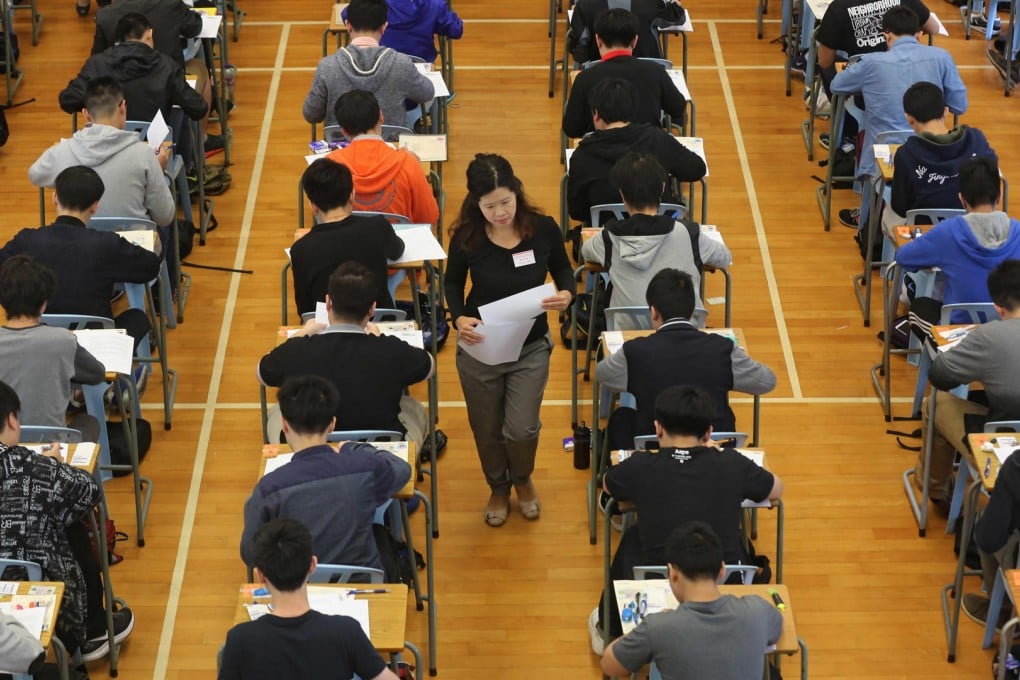Hong Kong students need more options - and less stress
Tik Chi Yuen applauds the proposal to cut study time for Hong Kong's senior secondary students, but says more could be done to support those who are not academically inclined

The latest official review of Hong Kong's academic structure, which recommended cutting total study time by at least 100 hours for senior secondary students, brought good news to both students and their heavily burdened teachers. The cut should ease some of their workload. Yet, the review leaves some obvious questions.
For those who have only a slim chance of getting into university and prefer a vocational education, is there a third way for them? A friend's daughter, JJ, who will enter Form Six this September, is being armed to tackle the Hong Kong Diploma of Secondary Education exam next year. For this, she attends supplementary lessons at school on each weekday, and half a day on Saturdays, during the summer holidays.
This "suffering", as she describes it, leads her to welcome the proposal to cut total lesson time for the three years of senior secondary education, from 2,700 hours to between 2,400 and 2,600 hours. Lesson time for "other learning experiences" will also be cut, from 15-35 per cent of total study time to 10-15 per cent.
However, the review does little to help vocation-oriented students. JJ, who wants to work as a film producer after graduation, is keen to learn by doing - say, by joining the production team for campus television. Unfortunately, the current structure cannot provide her with an internship in a professional field.
DSE graduates, in the face of fierce competition from university graduates, do not have plenty of career choices. According to the Census and Statistics Department, youth unemployment for the first quarter of this year for those aged 15-19 is 13.9 per cent, dominating the ratios for all age groups.
As part of the review, the Education Bureau should add more vocational courses or part-time enrolment at vocational training schools, which in turn could line up more commercial and industrial partners to boost internships and career opportunities. Such enrolment in vocational courses and internships should become part of students' official record, empowering them with dual academic and vocational credentials for a promising future.